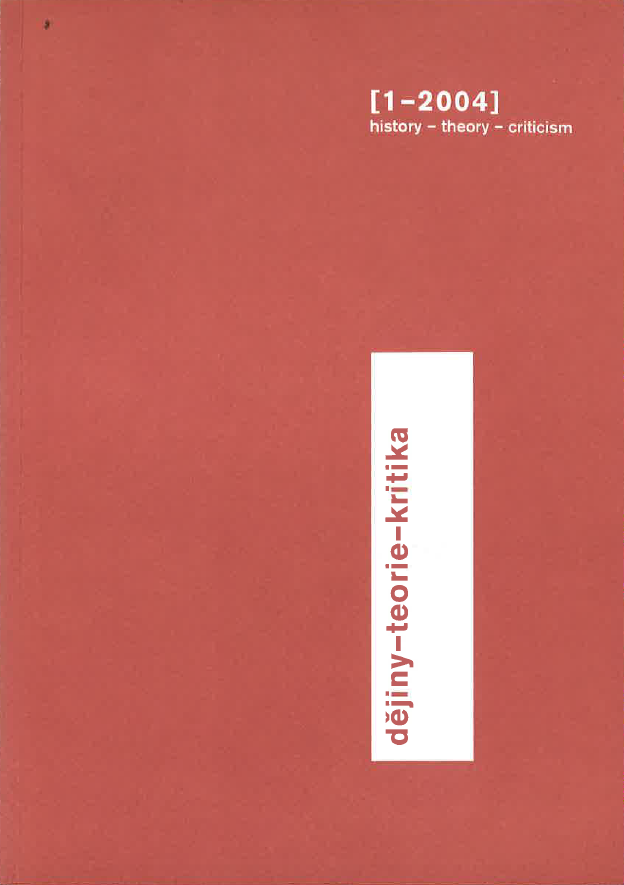Make a Submission
Information
Keywords
Dějiny – teorie – kritika
PUBLISHER
Charles University, Faculty of Humanities (FHS UK)
EDITORIAL CONTACT
DTK, FHS UK, Pátkova 2137/5
18200 Praha 8, Czech Republic
dtk@fhs.cuni.cz – Petr.Wohlmuth@fhs.cuni.cz
ISSN 1214-7249 (Print), ISSN 2464-5370 (Online)
Registration No. MK ČR E 15207
The Journal is indexed by SCOPUS, ERIH PLUS, CEEOL, EBSCOhost and DOAJ
![]()
![]()
![]()
![]()
![]()
DTK is a Diamond Open Access peer reviewed academic journal. DTK content is available under
Creative Commons License, type Attribution-NonCommercial 4.0 International (BY-NC).
![]()
![]()


